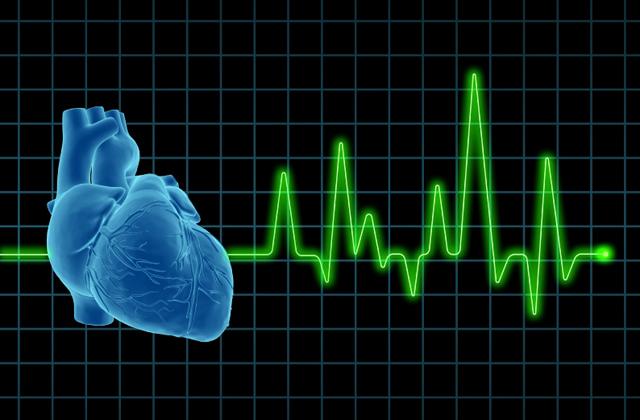ECG
What does an ECG test for?
Electrocardiogram (ECG) and high blood pressure. An electrocardiogram (ECG) is a test which measures the electrical activity of your heart to show whether or not it is working normally. An ECG records the heart’s rhythm and activity on a moving strip of paper or a line on screen.An ECG (electrocardiogram) records the electrical activity of your heart at rest. It provides information about your heart rate and rhythm, and shows if there is enlargement of the heart due to high blood pressure (hypertension) or evidence of a previous heart attack (myocardial infarction).
Echocardiography (echo) shows the size, structure, and movement of various parts of your heart. These parts include the heart valves, the septum (the wall separating the right and left heart chambers), and the walls of the heart chambers. Doppler ultrasound shows the movement of blood through your heart.EKG (Electrocardiogram) Doctors usually use an EKG (electrocardiogram) to help diagnose heart block. This simple test detects and records the heart’selectrical activity. An EKG shows how fast the heart is beating and its rhythm (steady or irregular).
What is Normal ECG ?
A “normal” EKG is one that shows what is known as sinus rhythm. Sinus rhythm may look like a lot of little bumps, but each relays an important action in the heart. An EKG displays P Waves, T Waves, and the QRS Complex.P Waves: P waves are the first “bump” on the EKG. In that the heart is beating in a regular sinus rhythm between 60 – 100 beats per minute (specifically 82 bpm). All the important intervals on this recording are within normal ranges.


These tests are proven to help measure your risk of having heart disease.
Blood pressure. You should be tested at least once a year using a blood-pressure cuff. If you have been diagnosed with high blood pressure (or other related conditions), your doctor will recommend that your blood pressure be checked more often. Be sure to ask your doctor how often you should have your blood pressure checked.
Cholesterol. You should have a blood test for cholesterol if you are a male and over 40, female and over 50 or post-menopausal, you have heart disease, stroke, diabetes or high blood pressure, your waist measures more than 102 cm (40 in) for men or 88 cm (35 in) for women, you have a family history of heart disease or stroke. Your doctor can advise how often you should have your cholesterol tested.
Blood sugar. If you’re over 40, you should have a blood test once every three years to measure your blood sugar (glucose). Too much glucose can harm your blood vessels. If you have risk factors for diabetes or are pregnant, your blood sugar levels should be tested. Speak to your doctor about whether you need a blood sugar test.
If your blood pressure, blood cholesterol, or blood sugar are too high, work with your doctor to lower them. Most people can lower cholesterol and blood pressure, and manage diabetes with lifestyle changes and medicine. This reduces the risk of heart attacks and strokes.
